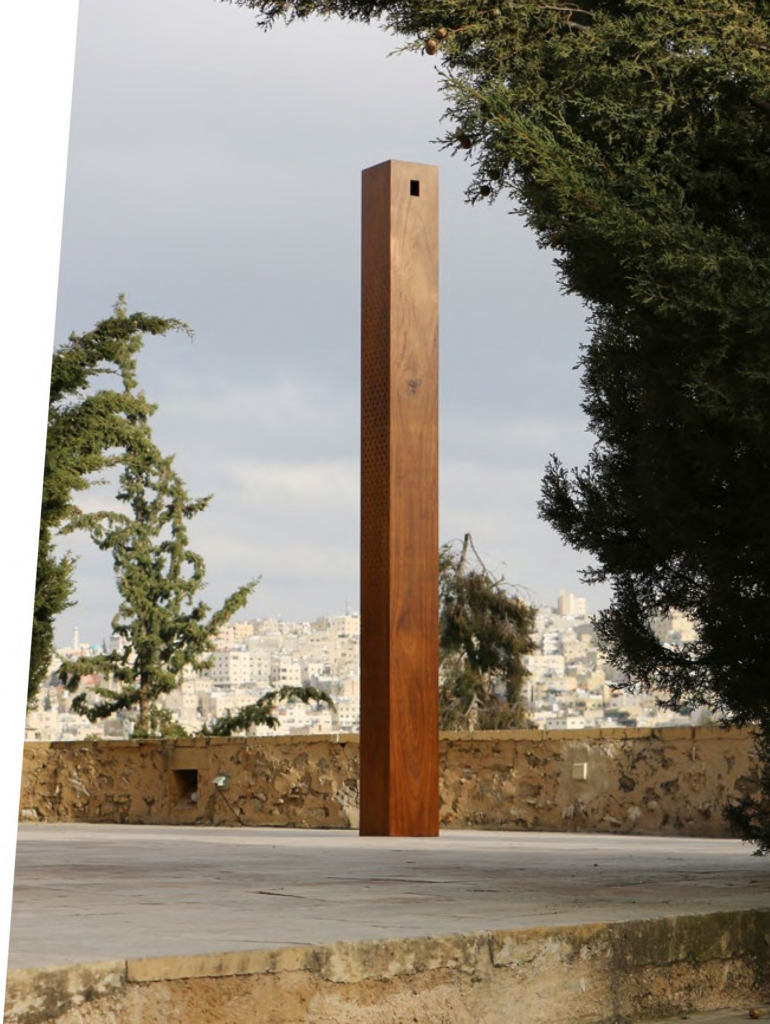Founded 2018, based in Amman, Jordan / Deema Assaf, born 1984 in Amman, Jordan, where she lives and works Yaman Amr, born 1989 in Amman, Jordan, where he lives and works
Insect Hotel
2024
TAYYŪN is a research studio founded and directed by architect, researcher, and urban forester Deema Assaf, whose practice focuses on the regeneration of urban ecosystems through native forest creation and cross-species architecture. Trained as an architect at the University of Jordan, she is a qualified practitioner of the Japanese Miyawaki Method, which can restore lost native forests ten times faster than natural ecological succession through the creation of locally sensitive micro-environments dense in biodiversity. Yaman Amr is the studio’s managing partner, and an artist, architect, regenerative design expert, and permaculture teacher.
Inspired by permaculturist Geoff Lawson’s revitalization of a 2,000-year-old forest in Morocco, TAYYŪN started its reforestation program with an initial private plantation site of 107 square meters in 2018. It has since planted four native forests in Jordan, which together comprise 2,700 native plant seedlings. Alongside forestation projects and the reintegration of wildlife into the city, the studio’s practice involves the creation of a native forest database, as well as in-depth research and testing about how to adapt planting techniques and soil engineering interventions in specific localities.
The work Insect Hotel (2024) presented at this Biennale is part of a larger inquiry and series of interventions that explore possible structures for cultivating urban wildlife. Comprised of a three-meter-high wooden tower perforated with hundreds of insect nest tubes and carved with a bird nest cavity at its top, the installation is “urban acupuncture,” which aims to draw wildlife back into the considerations of city planning. Installed outdoors, Insect Hotel will become a permanent installation and the nucleus of the studio’s urban rewilding intervention in Saudi Arabia. As part of a larger project of such possible structures, including a previous work called Urban Pigeon Tower (2019), the installation serves as a call to expand what the studio describes as “the urban compassion footprint” and to rewild cities as rich, multi-species, biodiverse ecosystems. TAYYŪN also presented a rewilding workshop, which looked at the diversity of indigenous plants in Saudi Arabia to highlight and address possible reforesting and rewilding interventions impacting vegetation, soil, and water.



